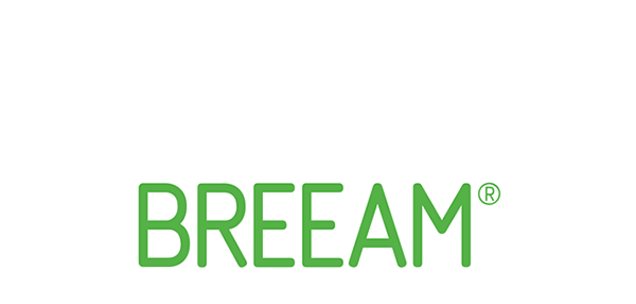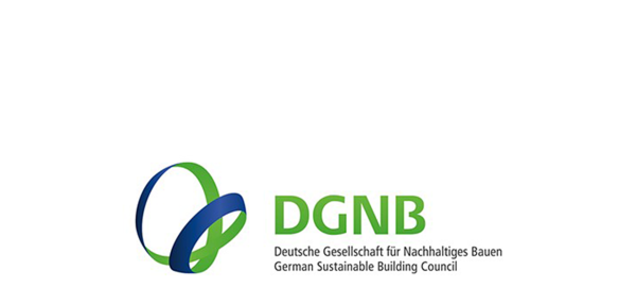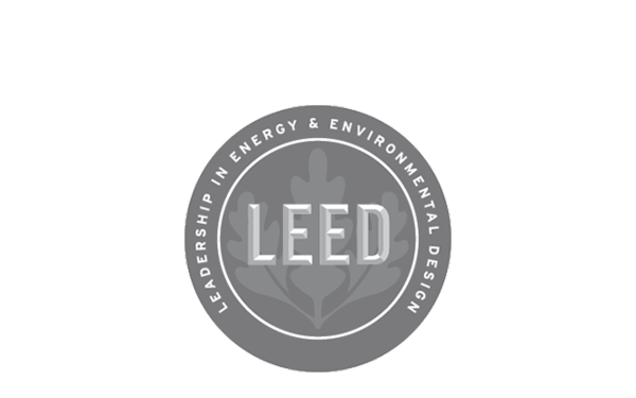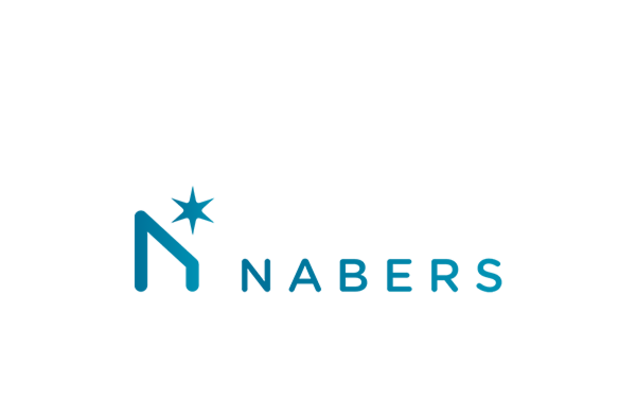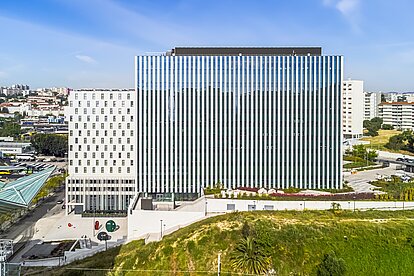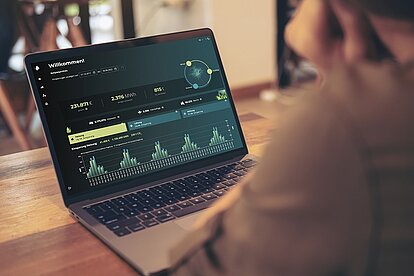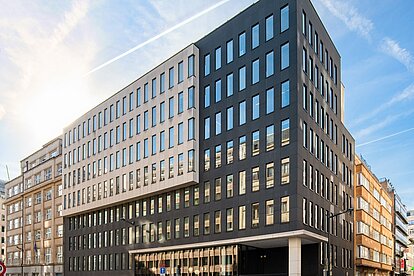Real I.S. strives to create and preserve value. This is why we take a clear position on sustainable development, which is characterized above all by the responsible use of resources and an active contribution to climate protection and decarbonization. By thinking ahead and acting with an eye to the future, we create value added for society and the environment – and for generations to come.
For us, ESG is not a nice-to-have, but a firm conviction.
In line with our ESG mission "We unite real estate and the future," we have established a mission statement for the dimensions of Environmental (E), Social (S), and Governance (G). This mission is developed on an ongoing basis in response to current developments and is binding on the entire Real I.S. team. Key goals of our strategic orientation: Real I.S. as a company (excluding the real estate portfolio) is to become climate-neutral* by 2030, and the entire portfolio by 2050.
As part of the BayernLB Group, we pursue a common sustainability strategy. The group-wide sustainability and environmental policy sets clear standards for environmental and climate protection, social responsibility, and transparency. Together, we are working to minimize environmental and climate risks and actively shape a sustainable future. This forms the foundation of our sustainability management and particularly sets the framework for our ESG strategy.
* including climate neutrality through compensation measures
Environment
- Adapting buildings to climate change
- Reducing climate emissions
- Reducing primary energy and water consumption
- Promoting a circular economy (materials/ raw materials, land)
- Preventing waste (construction/ reconstruction, operation)
- Ensuring less land construction and sealing
- Respecting the ecology of the site (biodiversity, soils, water)
- Promoting environmentally & urban friendly mobility/development concepts
Governance
- Ensuring a compliance culture and organization
- Applying recognized industry standards (e.g. UN PRI)
- Acting in accordance with ethical principles
- Creating transparency, managing conflicts of interest and objectives
- Cooperation and exchange (experience, data, standards)
- Factoring ESG criteria into investment decisions and risk management

Real I.S. clearly positions itself toward sustainably developing its corporate organization. This approach is also characterized by using existing resources responsibly, and thus also by the aspiration to create and preserve value in the interest of future generations.
All information pursuant to Art. 3, 4 and 5 of Regulation (EU) 2019/2088 on strategies for addressing sustainability risks, about the main adverse effects of investment decisions on sustainability factors, and the remuneration policy is available in the download area.
Sustainability related disclosures
Strategies for dealing with sustainability risks

By joining the Principles for Responsible Investment (UN PRI) investor initiative backed by the United Nations, we have reinforced our commitment to aligning Real I.S.'s corporate governance and fiduciary mission in a sustainable manner and to contributing to a sustainable international financial system.

Similar to BayernLB and its Group subsidiaries DKB and BayernInvest, Real I. S. has also signed up to the principles of the UN Global Compact. In doing so, we are sending a clear signal for respecting and promoting fundamental human rights, fair working conditions, fighting corruption and promoting sustainable development.

The ZIA ESG Charta is a voluntary commitment by the German property industry. The ESG Charta contains environmental, social and governance principles to which ZIA members are committed and which are particularly relevant for the responsible, transparent positioning of corporate value systems, structures and processes.
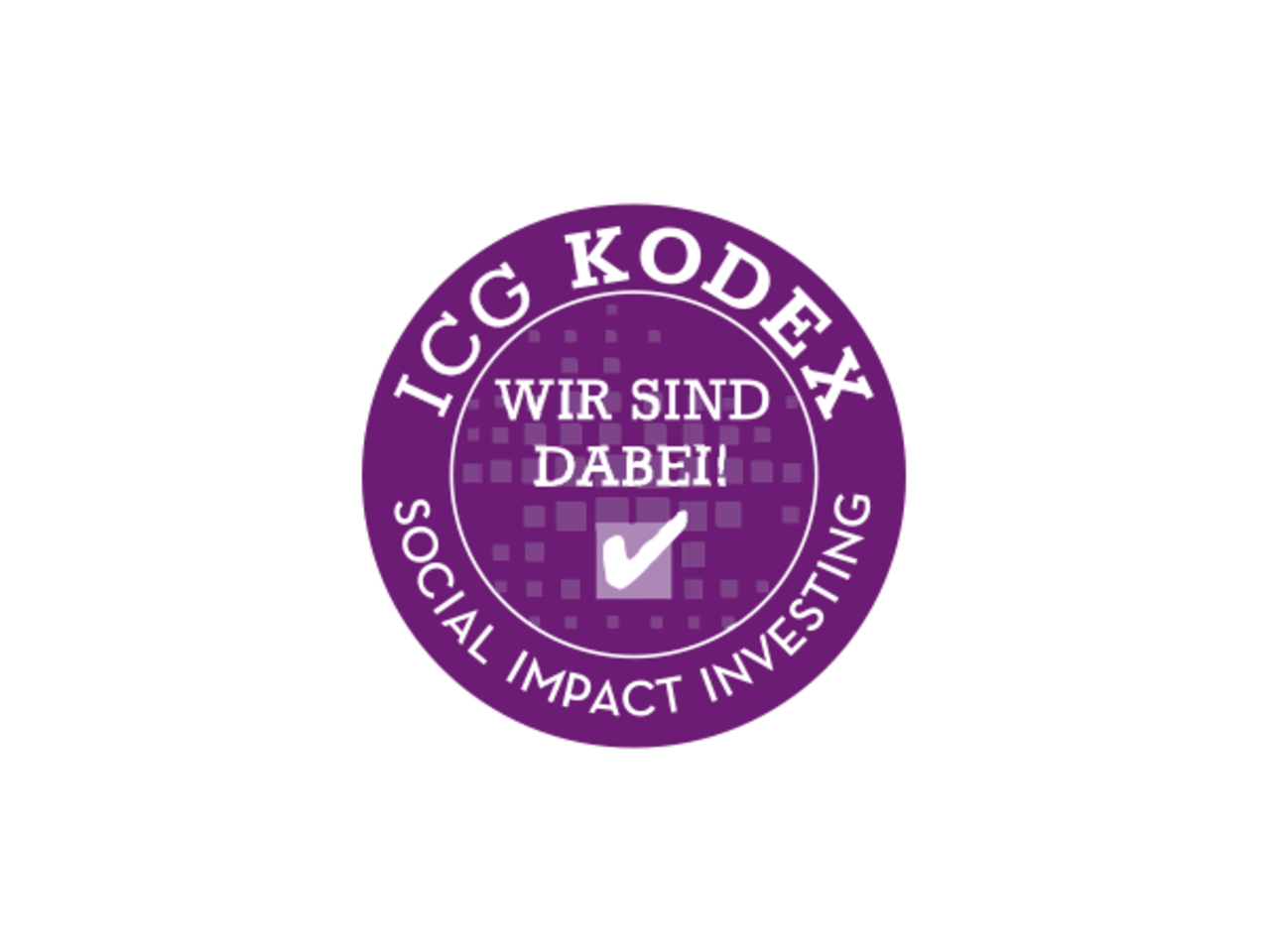
Real I.S. bears responsibility for liveable properties and neighbourhoods and is committed to the "Code for Social Impact Investing" of the Institute for Corporate Governance in the German Real Estate Industry (ICG). The Code represents the attitude and values of those who pursue social and societal goals in addition to ecological ones in the corporate context and in projects and who support the ICG in developing and implementing the right standards.
Sustainable action that already stacks up – now and today!
We started thinking and acting sustainably at an early stage, which is why Real I. S. has already delivered results: We manage a large number of certified properties in our portfolio and plan to certify more buildings. There are clear rules for our actions, and with the Scope rating we have been transparent for many years.
Sustainability is a central component of our corporate philosophy. With innovative solutions, we consistently implement sustainability principles in our company and portfolio. Our focus is on reducing energy consumption and emissions, as well as developing resilient properties that can withstand the challenges of climate change.
In our case studies, we showcase concrete examples of the implementation of these principles – from energy-efficient building solutions to the use of smart technologies for optimizing energy consumption.
Information in accordance with the German Supply Chain Act
The Act on Corporate Due Diligence in Supply Chains (German Supply Chain Act - Lieferkettensorgfaltspflichtengesetz, LkSG) obliges German companies to fulfil their global responsibility.
BayernLB has set up a complaints procedure in accordance with the section 8 of the German Supply Chain Act to enable it to draw attention to human rights and environmental risks and violations of human rights or environment-related obligations that have arisen as a result of the economic actions of an enterprise in its own business area or of a BayernLB's direct supplier.
Real I.S. has joined BayernLB's complaints procedure.



